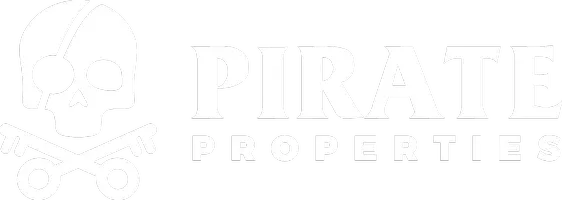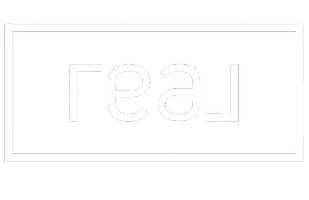Charleston, SC Housing Market Trends: Analysis and Forecast 2024
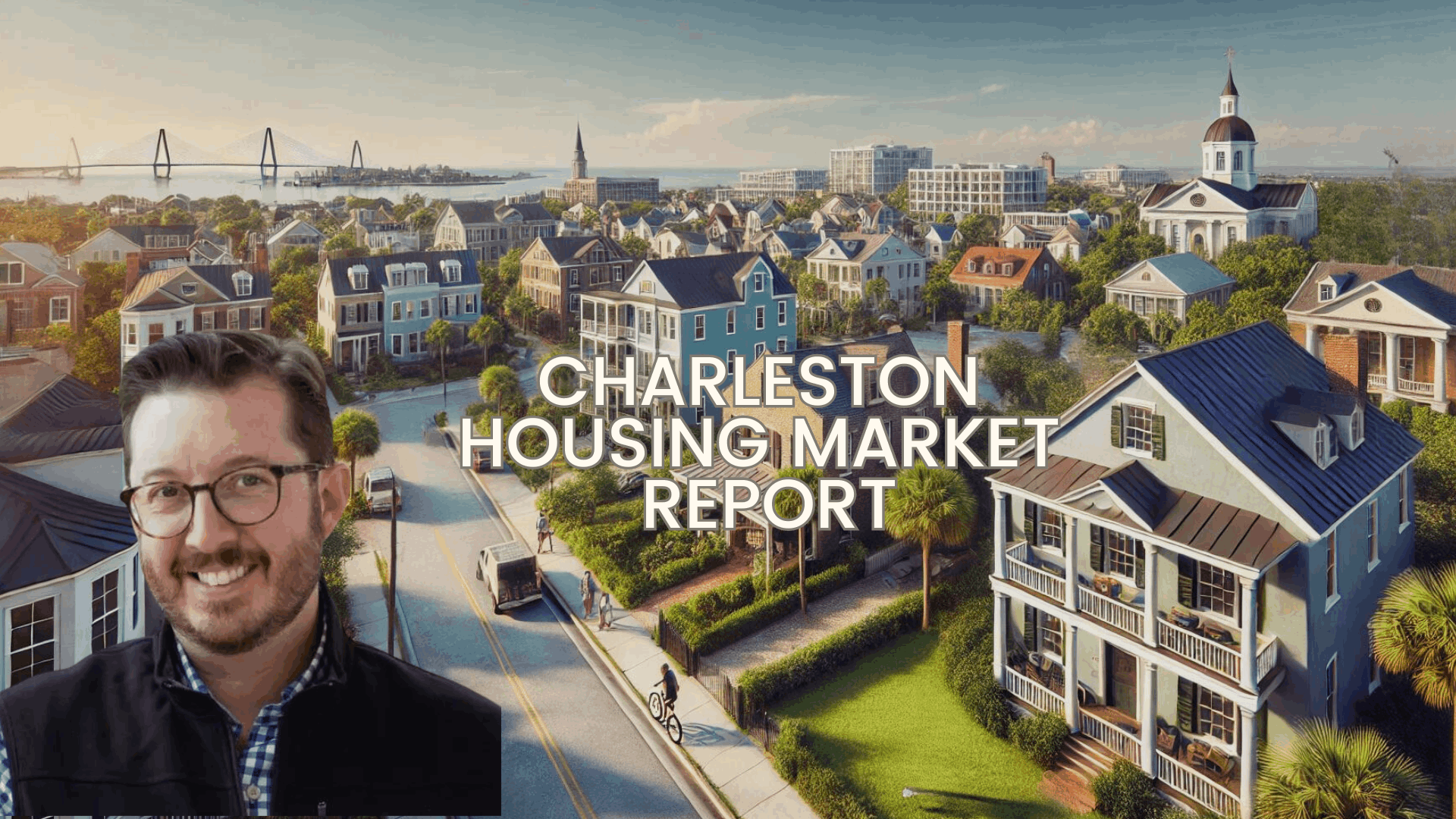
Charleston, South Carolina, is a city known for its rich history, beautiful architecture, and vibrant culture. It is also a city with a thriving real estate market that has been experiencing steady growth in recent years. The Charleston housing market has shown resilience through the COVID-19 pandemic and continues to attract homebuyers from across the country.
According to recent data, the Charleston housing market is somewhat competitive, scoring 51 out of 100. The average Charleston house price was $647K last month, up 17.6% since last year. In the same period, 29% of Charleston homebuyers searched to move out of Charleston, while 71% looked to stay within the metropolitan area. These trends suggest that the Charleston housing market is a desirable location for homebuyers, both locally and nationally.
Overview of Charleston, SC Housing Market
Current Market Conditions
As of Mon Jul 15 2024, the Charleston, SC housing market is experiencing an upward trend. According to Zillow, the average home value in Charleston is $567,674, up 9.8% over the past year. There are currently 667 homes for sale in Charleston, Charleston County with a median price of $557,400, which is an increase of 11.4% since last year, as reported by RocketHomes. Homes in Charleston receive 2 offers on average and sell in around 49 days, and the median sale price of a home in Charleston was $635K last month, up 13.4% since last year, according to Redfin.
Historical Market Trends
Charleston, SC has been experiencing a steady growth trajectory in the real estate market, presenting a competitive landscape for potential buyers and investors. According to chsmls.com, the real estate market in Charleston has seen rising median sale prices and decreased days on the market. The Charleston housing market has been showing strong growth since the early 2010s, with home prices increasing by over 50% since 2012, as per Norada Real Estate Investments.
Charleston vs. National Trends
The Charleston, SC housing market is somewhat competitive, with trends that are similar to the national trends. According to Zillow, the national average home value is $305,000, up 8.2% over the past year, which is slightly lower than Charleston's growth rate. The median sale price per square foot in Charleston is $340, up 12.2% since last year, which is higher than the national average of $179, as per Redfin. However, Charleston's growth rate is in line with the national trend of increasing home prices, as reported by The Balance.
In summary, the Charleston, SC housing market is experiencing a steady growth trajectory, with rising median sale prices and decreased days on the market. While the Charleston housing market is competitive, it is in line with the national trend of increasing home prices.
Key Factors Influencing Charleston's Market
Economic Indicators
Charleston's housing market has been influenced by various economic indicators such as Gross Domestic Product (GDP), inflation rates, and consumer confidence. According to chsmls.com, Charleston's economy has been growing steadily, with a GDP of $33.9 billion in 2021. The city's GDP growth rate has been higher than the national average, which has contributed to the increase in demand for housing.
Population Growth
Population growth is another key factor that has influenced Charleston's housing market. The city's population has been increasing steadily over the past few years, with an estimated population of 802,122 in 2021. This increase in population has led to an increase in demand for housing, which has resulted in higher home prices. As per noradarealestate.com, the population growth rate in Charleston has been higher than the national average, which indicates that the demand for housing is likely to continue increasing in the future.
Employment Rates
Employment rates also play a crucial role in the housing market. Charleston has a diverse economy, with industries such as aerospace, manufacturing, and healthcare. The city's unemployment rate has been consistently lower than the national average, which has contributed to the city's economic growth and housing demand. As per rockethomes.com, the unemployment rate in Charleston was 3.5% in 2021, which is lower than the national average of 5.2%.
Interest Rates
Interest rates are a significant factor that influences the housing market. Low-interest rates make it easier for buyers to purchase homes, which can increase demand and drive up home prices. According to zillow.com, the average interest rate for a 30-year fixed-rate mortgage in Charleston was 3.28% in 2021. Low-interest rates have made it easier for buyers to afford homes in Charleston, which has contributed to the increase in demand for housing.
Overall, Charleston's housing market has been influenced by various factors such as economic indicators, population growth, employment rates, and interest rates. These factors have contributed to the increase in demand for housing and the rise in home prices in the city.
Property Types and Their Performance
Single-Family Homes
Single-family homes are the most common property type in the Charleston, SC housing market. According to Zillow, the median home value for a single-family home in Charleston is $567,674, which is a 9.8% increase from the previous year. The demand for single-family homes in Charleston remains strong due to the city's popularity as a tourist destination and a desirable place to live.
Condominiums and Townhomes
Condominiums and townhomes are also popular property types in the Charleston housing market. According to Redfin, the average price of a condominium in Charleston was $378,000, while the average price of a townhome was $524,000. Both property types have experienced significant price increases in recent years, with condominiums increasing by 14.2% and townhomes by 13.3% since last year.
Luxury Real Estate
Charleston is known for its luxury real estate market, which includes waterfront properties, historic homes, and high-end condos. According to Norada Real Estate, the luxury market in Charleston has been experiencing significant growth and competitiveness in recent years. The median price of luxury homes in Charleston is $1.5 million, with some properties exceeding $10 million.
Investment Properties
Investment properties, such as rental homes and multi-family buildings, can be a profitable investment in the Charleston housing market. According to Rocket Homes, the median price of a multi-family home in Charleston is $1.1 million, while the median price of a rental property is $449,000. Investors should be aware that rental regulations in Charleston can be strict, and it is important to research local laws and regulations before investing in the market.
Overall, the Charleston, SC housing market offers a variety of property types for homebuyers and investors. Each property type has its own unique characteristics and performance in the market.
Price Trends by Neighborhood
Downtown Charleston
Downtown Charleston is one of the most sought-after neighborhoods in the city. The median sale price of a home in Downtown Charleston was $875K last month, up 10.8% since last year. The median sale price per square foot in Downtown Charleston is $502, up 9.4% since last year.
Mount Pleasant
Mount Pleasant is a popular suburban neighborhood located just across the Cooper River from Downtown Charleston. The median sale price of a home in Mount Pleasant was $660K last month, up 9.9% since last year. The median sale price per square foot in Mount Pleasant is $290, up 9.4% since last year.
James Island
James Island is a popular residential area located just south of Downtown Charleston. The median sale price of a home in James Island was $530K last month, up 11.6% since last year. The median sale price per square foot in James Island is $284, up 12.3% since last year.
West Ashley
West Ashley is a diverse suburban neighborhood located to the west of Downtown Charleston. The median sale price of a home in West Ashley was $475K last month, up 10.5% since last year. The median sale price per square foot in West Ashley is $232, up 9.4% since last year.
Daniel Island
Daniel Island is a planned community located on a small island in the Cooper River. The median sale price of a home in Daniel Island was $750K last month, up 12.9% since last year. The median sale price per square foot in Daniel Island is $311, up 11.4% since last year.
Overall, the Charleston housing market is somewhat competitive, with homes receiving an average of 2 offers and selling in around 49 days. The average home value in Charleston, SC is $567,674, up 9.8% over the past year. The market trends suggest that the prices will continue to rise in the upcoming years.
Forecast for Charleston's Housing Market
Short-Term Predictions
Charleston's housing market is expected to remain strong in the short-term. According to Redfin, the average house price in Charleston was $647,000 in June 2024, representing a 17.6% increase from the previous year. Additionally, there were 667 homes for sale in Charleston County with a median price of $557,400, which is an 11.4% increase from the previous year. These figures suggest that the demand for homes in Charleston remains high and that the market is likely to remain competitive in the short-term.
Long-Term Projections
Looking ahead, the long-term projections for Charleston's housing market are positive. According to Zillow, the average home value in Charleston was $567,674 in May 2024, up 9.8% from the previous year. Zillow's one-year market forecast predicts that there will be 932 homes for sale in Charleston by May 31, 2025, with 390 new listings. These projections suggest that the demand for homes in Charleston will remain strong in the long-term, making it an attractive location for both homebuyers and investors.
It is worth noting, however, that the housing market is subject to fluctuations and unforeseen events. For example, a sudden economic downturn or a natural disaster could impact the demand for homes in Charleston. Therefore, it is important to approach any long-term projections with caution and to keep a close eye on market trends and developments.
Challenges and Opportunities
Affordability Concerns
As the Charleston housing market continues to grow, affordability concerns have become a challenge for many residents. The median sales price for homes in Charleston stands at $567,674, which is a significant year-over-year increase. According to Zillow, the median list price in Charleston is $575,000. This increase in housing prices has made it difficult for many residents to afford to purchase a home in the city.
Development and Zoning
The rapid growth of the Charleston housing market has also presented challenges related to development and zoning. Developers are facing increasing pressure to build new homes quickly to meet demand, but this can lead to issues such as overcrowding, traffic congestion, and strain on local resources. Zoning regulations have also become a concern, as they can limit the availability of affordable housing options and lead to gentrification in certain areas.
Sustainable Growth Strategies
To address these challenges, the Charleston housing market must adopt sustainable growth strategies. This includes a focus on creating more affordable housing options, improving transportation infrastructure, and implementing smart growth policies. These strategies can help ensure that the city's growth is sustainable and benefits all residents, not just those who can afford to purchase high-end homes.
Overall, the Charleston housing market is facing both challenges and opportunities. By addressing affordability concerns, developing sustainable growth strategies, and carefully managing development and zoning, the city can continue to grow in a way that benefits all residents.
Advice for Homebuyers and Investors
If you are considering buying a home or investing in the Charleston, SC housing market, there are a few things to keep in mind. First, it's important to work with a knowledgeable real estate agent who has experience working in the area. They can provide valuable insights into the local market and help you navigate the buying or investing process.
When it comes to buying a home, it's important to have a clear understanding of your budget and what you can afford. With rising median sale prices, it's important to be realistic about what you can afford and to avoid overextending yourself financially. Additionally, it's important to have a clear understanding of the local market and what types of properties are available. This can help you find the right property that meets your needs and budget.
For investors, it's important to consider factors such as the potential for rental income, the local economy, and the overall demand for rental properties in the area. With a strong local economy and a growing population, Charleston is an attractive market for real estate investors. Additionally, with rising home prices and a competitive market, there may be opportunities to purchase properties at a discount and then rent them out for a profit.
Overall, whether you are buying a home or investing in real estate, it's important to do your research and work with a knowledgeable professional who can help guide you through the process. By taking the time to understand the local market and your own financial situation, you can make informed decisions that will help you achieve your goals.
Impact of Tourism and Hospitality
Charleston, SC, is a popular tourist destination known for its historic architecture, beautiful beaches, and Southern charm. The city has seen a significant increase in the number of visitors in recent years, with the Office of Tourism Analysis at the College of Charleston reporting a rise from 7.43 million in 2019 to 7.68 million in 2022, an increase of about 3%.
The tourism industry in the Charleston area has had a significant impact on the local economy, with the hospitality trade having a record-breaking $12.8 billion economic impact on the region in 2022, exceeding pre-pandemic levels. This growth continued in 2023, with the financial impact of tourism growing to $13.1 billion, accounting for nearly a quarter of the regional economy.
The impact of tourism on the Charleston housing market is a complex issue. On the one hand, the influx of tourists can drive up demand for short-term rentals and vacation homes, which can lead to higher prices and a shortage of affordable housing for local residents. On the other hand, the tourism industry creates jobs and generates revenue for the local economy, which can have a positive impact on the housing market.
One way that the impact of tourism on the Charleston housing market can be mitigated is through the use of regulations and zoning laws. For example, the city of Charleston has implemented regulations on short-term rentals to prevent them from driving up housing costs and displacing local residents. Additionally, the city has implemented a program to incentivize developers to build affordable housing units in areas that are popular with tourists.
Overall, the impact of tourism and hospitality on the Charleston housing market is a complex issue that requires careful consideration and planning. While the industry can bring significant economic benefits to the city, it can also create challenges for local residents in terms of housing affordability and availability. By implementing thoughtful regulations and programs, however, the city can work to ensure that the benefits of tourism are balanced with the needs of its residents.
Government Policies and Initiatives
The City of Charleston has recognized the need for affordable housing and has implemented several policies and initiatives to address the issue. In 2021, the city adopted a comprehensive plan that called for the creation of 16,351 new affordable housing units by 2030 Charleston City Paper. The city also established the Housing for All Task Force, which is charged with developing strategies to increase the availability of affordable housing in the city Charleston County Housing Our Future.
In addition to these efforts, the city has implemented several policies to encourage the development of affordable housing. For example, the city offers density bonuses to developers who include affordable units in their projects Charleston County Housing Our Future. The city also has a program that provides financial assistance to low-income residents for home repairs and renovations Charleston County Housing Our Future.
The state of South Carolina also offers several programs to help low-income residents with housing. The South Carolina State Housing Finance and Development Authority provides financing for affordable housing projects and offers down payment assistance to low-income homebuyers Anderson Economic Group. Additionally, the state offers a program that provides rental assistance to low-income families Innovation Priority Stat.
Overall, the City of Charleston and the state of South Carolina have recognized the need for affordable housing and have implemented several policies and initiatives to address the issue. These efforts include the creation of new affordable housing units, financial assistance for home repairs and renovations, and programs to provide financing and rental assistance to low-income residents.
Categories
Recent Posts

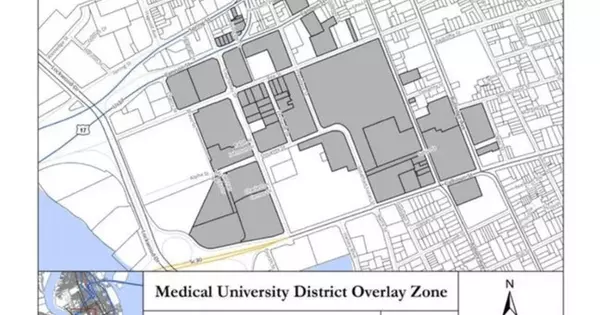

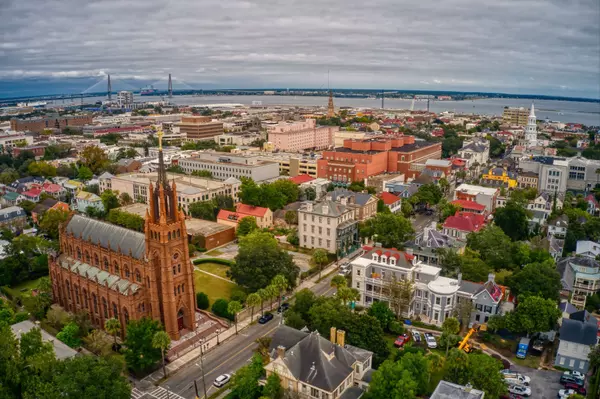
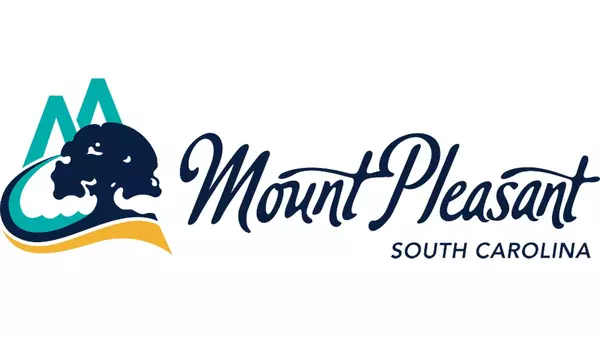

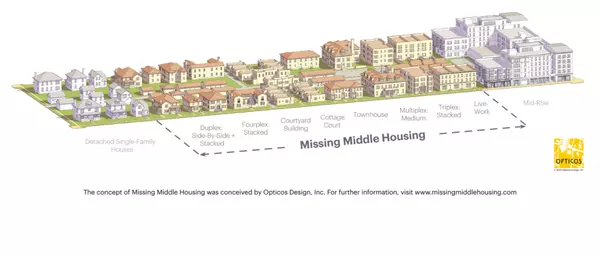
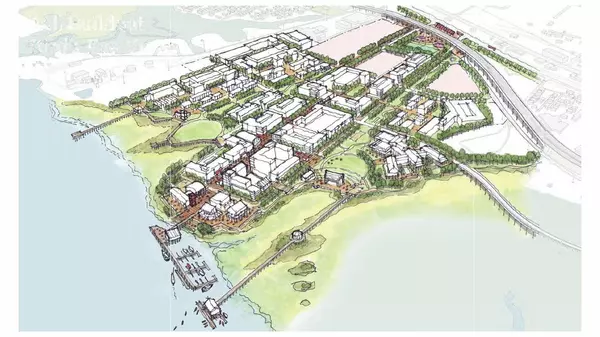
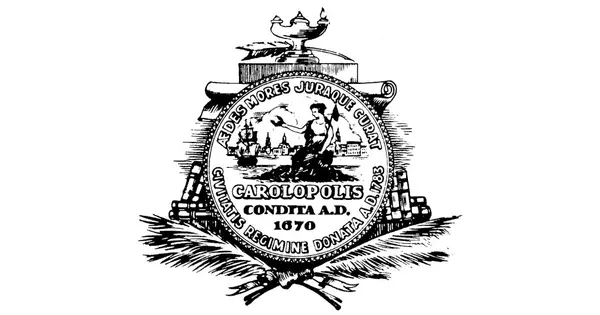

GET MORE INFORMATION

